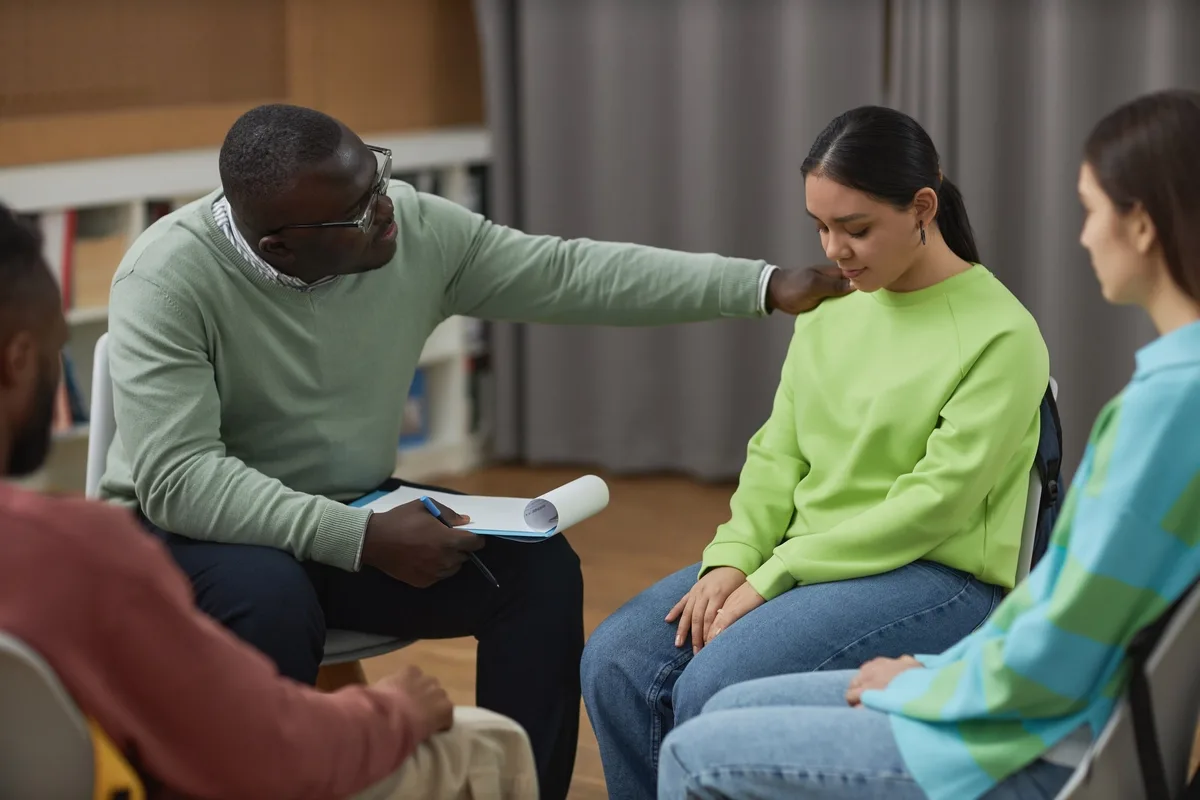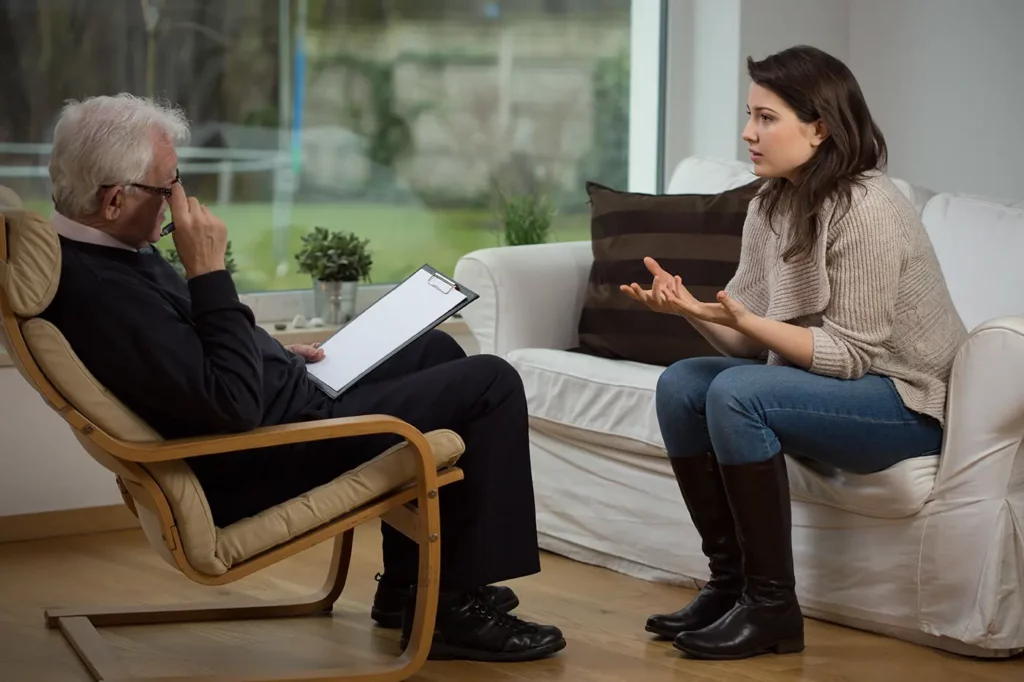24/7 Helpline:
(866) 899-221924/7 Helpline:
(866) 899-2219
Learn more about Pet friendly Rehab centers in Marshall County

Other Insurance Options

Optum

WellCare Health Plans

Humana

WellPoint

Covered California

Excellus

BlueCross

Highmark

UMR

CareSource

Amerigroup

Optima

MVP Healthcare

BHS | Behavioral Health Systems

MHNNet Behavioral Health

Sliding scale payment assistance

Aetna

Kaiser Permanente

United Health Care

Self-pay options














AA – Alcoholics Anonymous
AA – Alcoholics Anonymous is a private rehab located in Gilbertsville, Kentucky. AA – Alcoholics Ano...






































